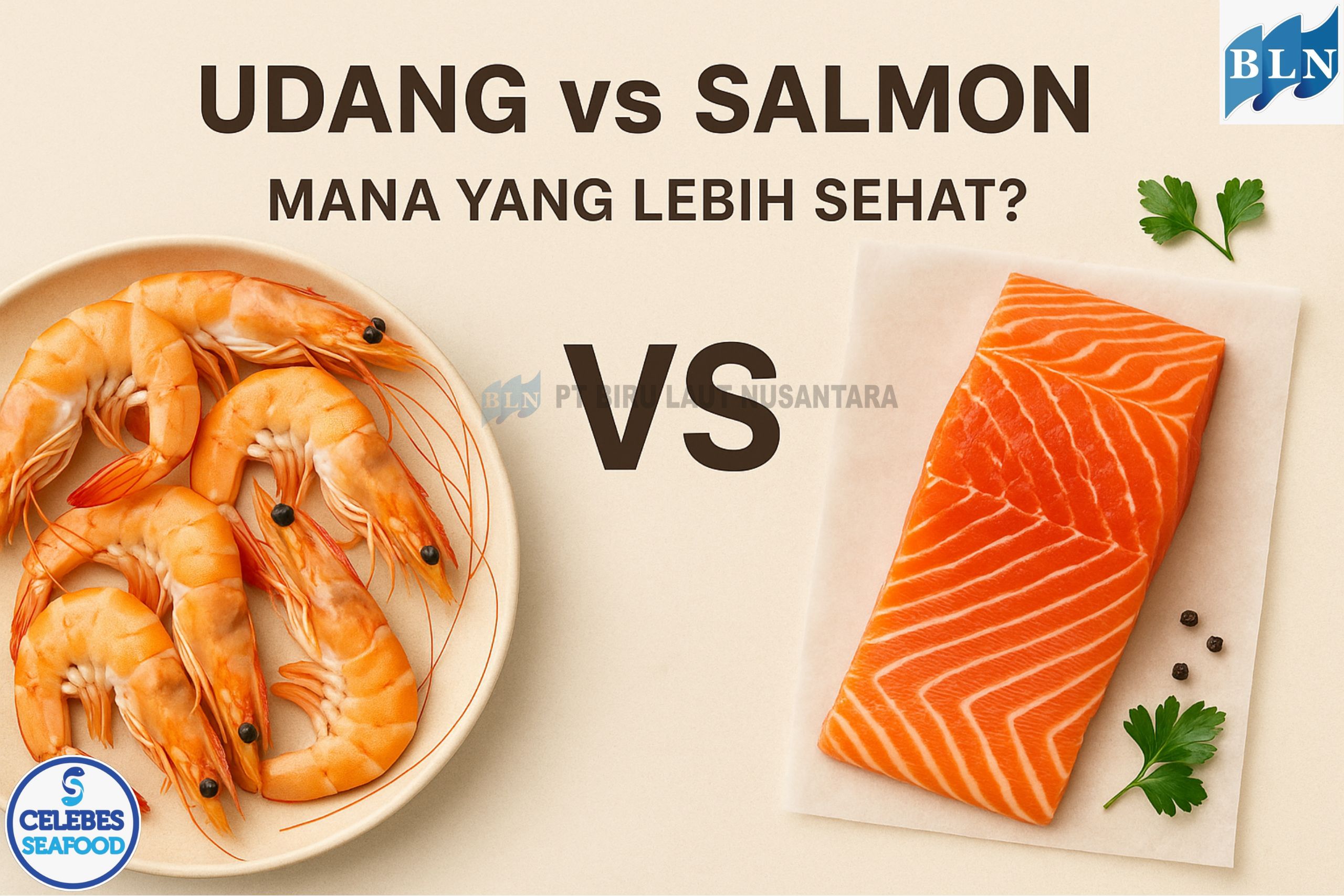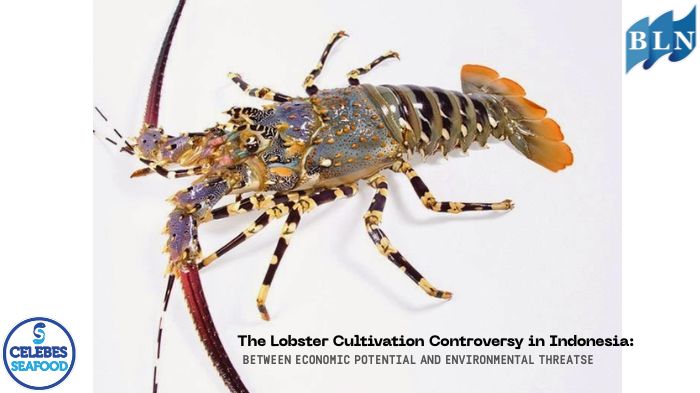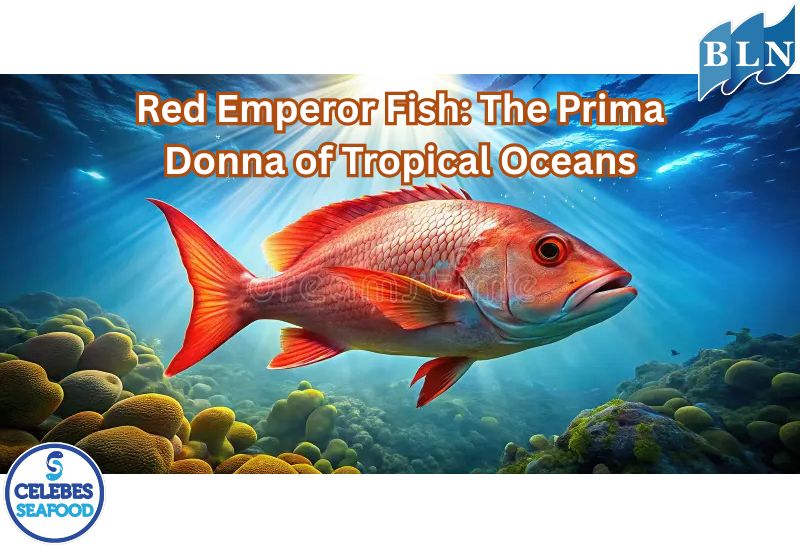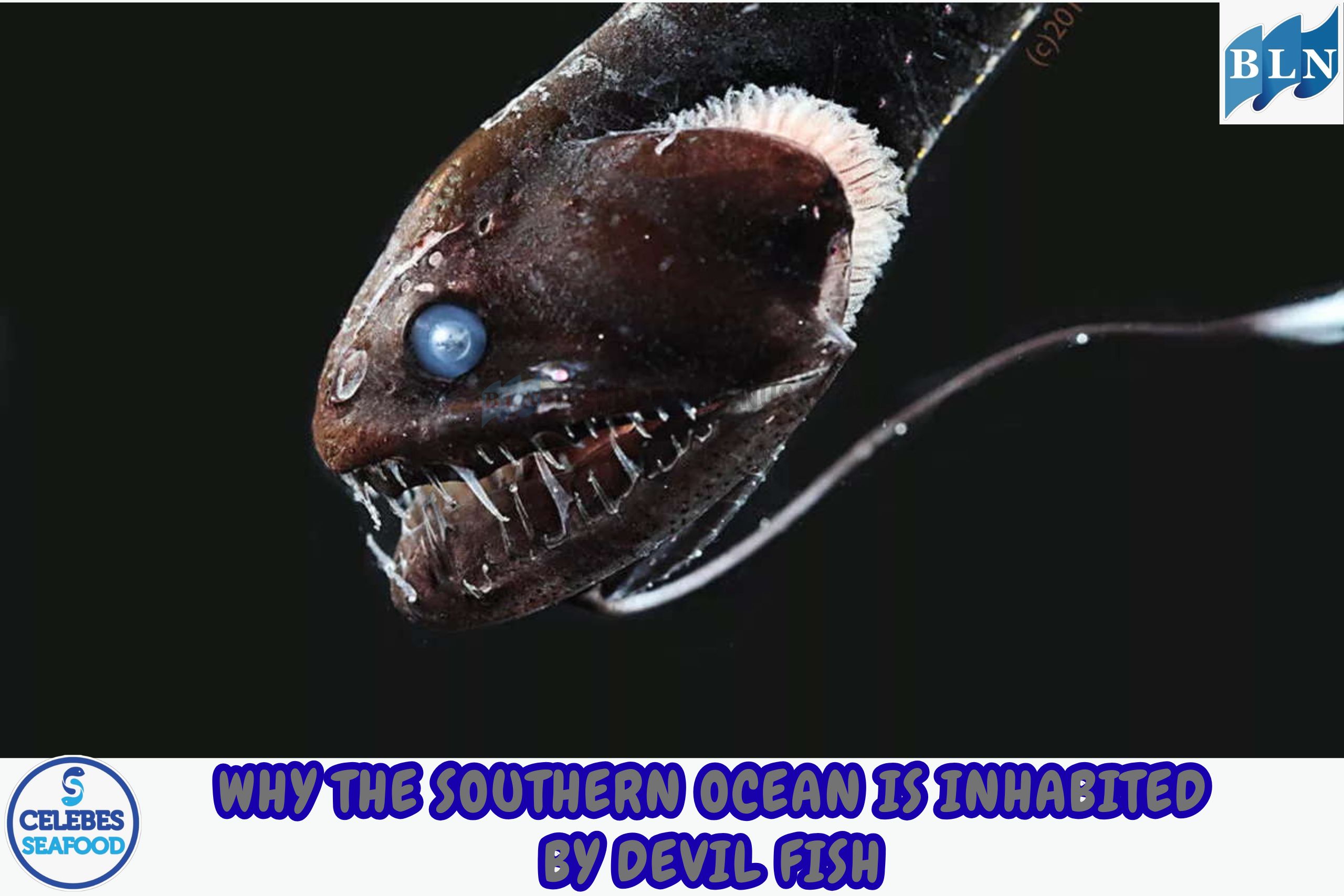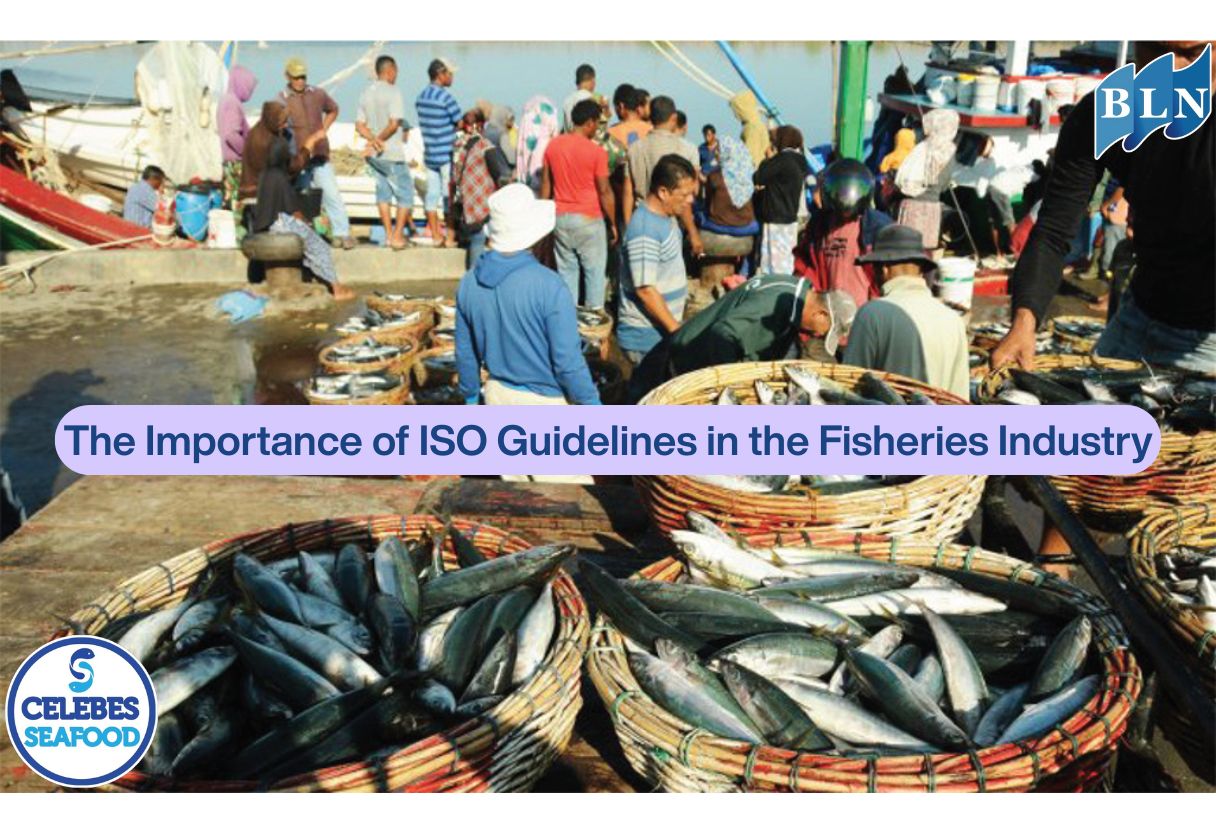Exploring the Potential of Fisheries as a Pillar of Food Security
By. Amma - 10 Jun 2025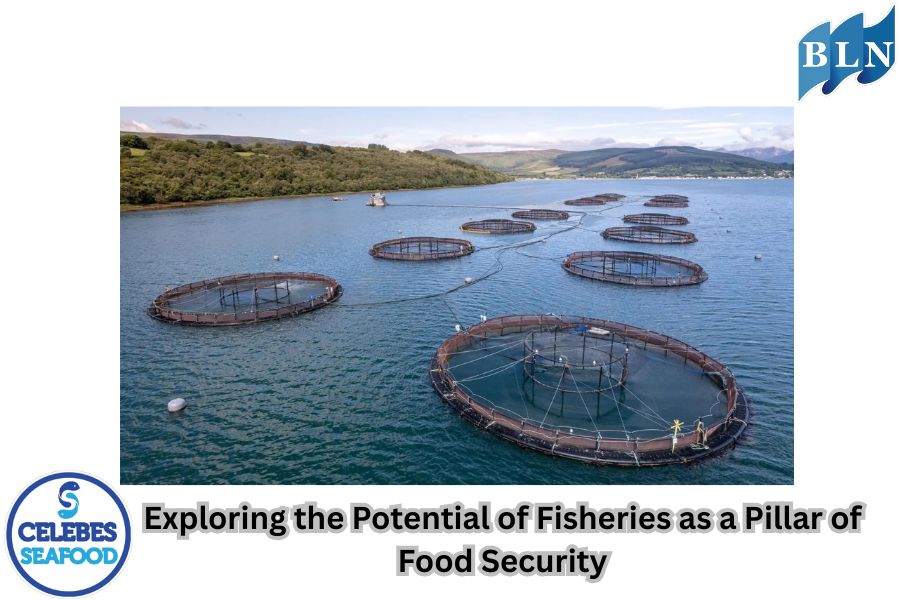
lautnusantara.com Indonesia's fisheries potential is very large and strategic to become the main pillar of food security. With a vast sea area, the second longest coastline in the world, and abundant marine biodiversity, the fisheries sector offers a sustainable solution to meet the protein needs of the community and even contribute to the national economy.
1. Why is Fisheries Important for Food Security?
Abundant Source of Animal Protein: Fish is a source of high-quality animal protein that is affordable and easily accessible to most Indonesians. The nutritional content of fish, including omega-3 fatty acids, vitamins, and minerals, is very important for health and growth.
- Food Diversification: Dependence on one or two sources of protein can create vulnerability. Fisheries provide an important protein alternative to diversify diets and reduce the risk of malnutrition.
- Labor Absorption: The fisheries sector, from fishing, cultivation, processing, to distribution, involves millions of people. Empowerment of fishermen and fish farmers contributes to increasing the income and welfare of coastal communities.
- Export Potential: Indonesian fisheries products are competitive in the international market. Increased production and quality can open up greater export opportunities, generate foreign exchange, and strengthen the national economy.
- Local Food Security: Local fisheries, both small-scale capture fisheries and aquaculture, can ensure food availability in remote areas and outer islands, reducing dependence on supplies from outside the region.
2. Fisheries Potential Optimization Strategy
To maximize the role of fisheries as a pillar of food security, several key strategies need to be implemented:
- Development of Sustainable Aquaculture: Cultivation of fish, shrimp, seaweed, and other fishery commodities has great potential to increase production significantly without damaging the marine ecosystem. Innovation in aquaculture technology, efficient feed management, and implementation of responsible aquaculture practices are crucial.
- Responsible Capture Fisheries Management: Maintaining the sustainability of marine fish resources is a priority. This includes law enforcement against illegal, unreported, and unregulated (IUU) fishing, regulation of catch quotas, and development of environmentally friendly fishing gear.
- Increasing the Added Value of Fishery Products: Diversification of processed fish products, such as fish fillets, surimi, frozen products, or other high-value-added products, can increase selling prices and competitiveness. It also creates new business opportunities and absorbs labor.
- Strengthening the Supply Chain and Logistics: Building adequate cold chain infrastructure, modern processing facilities, and efficient distribution systems is essential to maintain the quality of fishery products from upstream to downstream, reducing post-harvest losses, and ensuring availability in the market.
- Empowering Fishermen and Fish Farmers: Increasing the capacity of fishermen and farmers through training in technology, financial management, and access to business capital will greatly help them increase productivity and welfare.
- Research and Innovation Development: Investment in research to develop superior seeds, alternative feed, disease control, and more efficient fishing or farming technologies will drive progress in the fisheries sector.
- Supportive Policies: The government needs to issue consistent and supportive policies, including fiscal incentives, ease of licensing, and protection of farmers and fishermen from unfair market practices.
By implementing these strategies in an integrated manner, Indonesia can fully exploit its fisheries potential to not only achieve strong food security, but also create prosperity for coastal communities and contribute to sustainable economic growth.
If you are interested in our HALIBUT WHOLE ROUND / HALIBUT WHOLE GILLED GUTTED, HALIBUT FILLET SKINLESS please do not hesitate to contact us through email and/or whatsapp.
